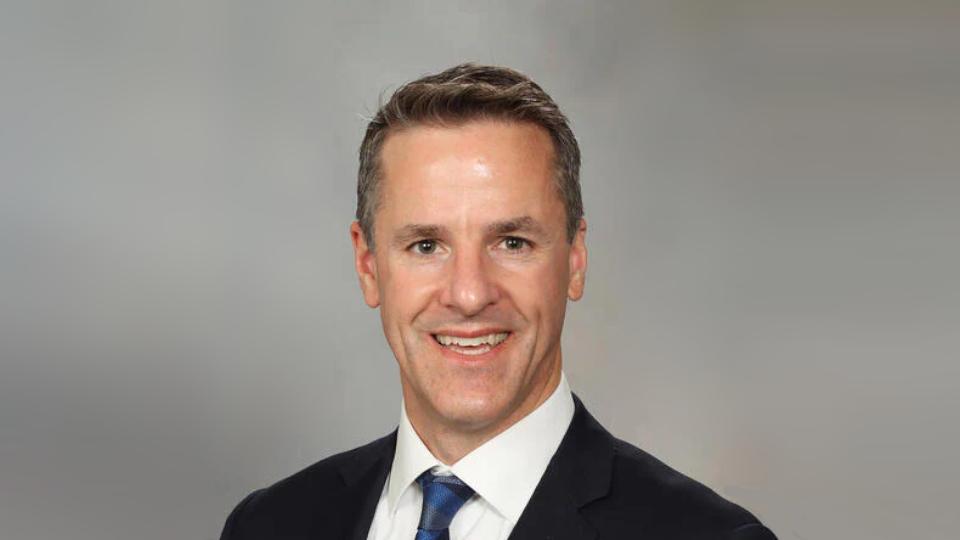Nucleus RadioPharma raises $56m in first round financing

There’s a new kid on the block in the fast-growing radiopharmaceuticals category, as Nucleus RadioPharma chalks up an oversubscribed Series A that raised $56 million that will be used to create a network of manufacturing facilities in the US.
The company – which was set up just a year ago by the Mayo Clinic and venture capital group Eclipse – is positioning itself as a contract development and manufacturing organisation (CDMO) serving the radiopharma market, which has been predicted to grow from a value of around $6 billion last year to $9.5 billion in 2032, according to market researcher Future Medical Insights (FMI).
The round was led by Eclipse and GE HealthCare with participation from Echo Global, Fox Chase Cancer Center, Granger Management, Mayo Clinic, Mercy Health, and the University of Missouri.
“Conceivably, many cancers have the potential to be treated with a properly designed radiopharmaceutical, and yet, very few patients with cancer are receiving this kind of treatment,” said Geoff Johnson (pictured above), chair of nuclear medicine at the Mayo Clinic and chief scientific officer of Nucleus.
“Despite their promise, only a small fraction of patients are able to obtain these drugs due to limited production capacity and an outdated, fragmented supply chain,” he added.
Nucleus plans to tackle that issue by modernising the “clinical development, manufacturing, and supply chain” for radiotherapeutics and diagnostics, with services extending from identifying target molecules and testing treatments to supporting regulatory approvals and manufacturing for development, as well as commercial-scale supply.
While some big pharma groups like Novartis have been investing in radiopharma for several years, hoping to tap into its growth potential, latterly other groups have started to enter the market.
Earlier this month, for instance, Eli Lilly reached an agreement to buy POINT Biopharma for around $1.4 billion, aiming to get control of a PSMA-targeted radioligand that could be a competitor to Novartis’ two marketed radionuclide therapies, prostate cancer therapy Pluvicto, and Lutathera for gastroenteropancreatic neuroendocrine tumours (GEP-NETs).
Lilly was also a backer of a recent $175 million Series B for Mariana Oncology and its lead radionuclide therapy MC-339 for small cell lung cancer (SCLC), while last month RayzeBio, which has a radiopharma drug called RYX101 for NETs in phase 3 testing, raised $311 million from an initial public offering.
Other recent developments in the increasingly lively category include a $1.04 billion licensing deal between Roche’s Genentech subsidiary and PeptiDream in the area of peptide-radioisotope therapies, and reports that Novartis may be considering the sale of some assets from its radiopharma unit Advanced Accelerator Applications.
Charles Conroy, Nucleus’ chief executive, said that radiopharmaceuticals are offering promise for millions who currently have limited treatment options.
“As truly targeted therapies, these drugs are proving not only to be highly effective, but also to maintain a superior safety profile,” he added. “This funding advances the reach and impact of these life-saving agents, allowing for therapies that can be mass-produced, and offers hope to those with few alternatives.”













